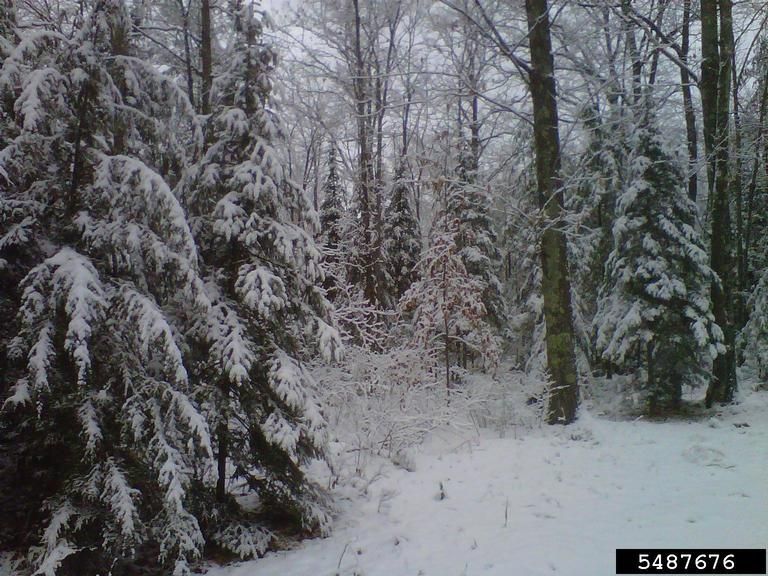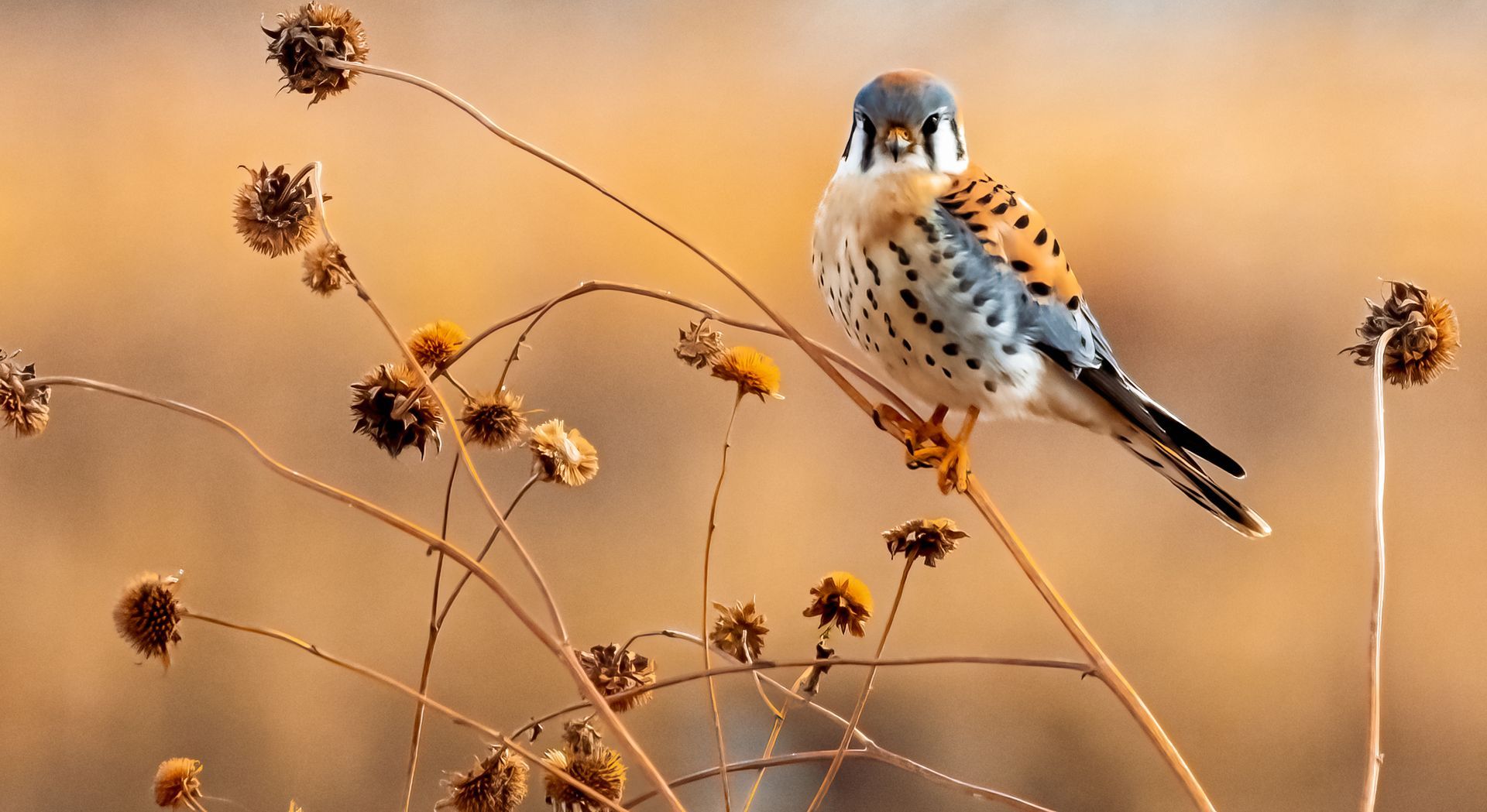Protect Michigan’s Gamefish Population
Now is the time to call your representative and keep Michigan’s gamefish population from commercial harvest.
House Bill 4567 , sponsored by Rep. O’Malley (R-Lake Ann), House Bill 4568 , sponsored by Rep. Wendzel (R-Watervliet), and House Bill 4569 , sponsored by Rep. Lilly (R-Park Township), passed out of the House Natural Resources and Outdoor Recreation Committee last week and will likely receive a hearing in the coming weeks in the House Ways and Means Committee.
It is crucial that you support this tie-barred package of bills to help support Michigan’s $2.3-billion sport fishery and gamefish.
Amy Trotter, executive director of Michigan United Conservation Clubs, said sportsmen and sportswomen throughout Michigan have made it clear that gamefish such as perch, walleye and lake trout should not be available for commercial exploit.
“MUCC, its members and statewide affiliates will not budge on the gamefish issue,” Trotter said. “Period. Michigan anglers pay to manage gamefish through license fees, and those fish should not be accessed by commercial fishers looking to make a buck.”
Commercial fishing plays an integral role in how the state manages its fisheries with respect to the 1836 Treaty Waters of the Great Lakes. Being proactive on this issue is important as the state and Coalition to Protect Michigan Resources enter the 2020 Consent Decree negotiations — a process that will affect our state’s fisheries, both sport and commercial, for many years to come.
Another issue is that the current licensing fees that commercial fishers pay don’t cover the costs of current MDNR oversight and enforcement, which is currently subsidized by sport anglers.
“Nearly 40 percent of Michigan sport fishing relies on stocked fish. With the federal government, the DNR spends millions each year stocking 25 million fish in more than 1,000 locations. But anglers generate roughly $30 million per year — through state license fees and federal taxes on gear — to manage those fisheries” said Bryan Burroughs, executive director of Trout Unlimited’s Michigan chapter in a Bridge Oct. 14 article.
Gamefish have been caught as bycatch due to a lack of regulation on the location and type of gear used by commercial fishers. This bill would not allow gamefish to be retained as bycatch. This package of bills would address these issues in the following ways:
- Creates a list of all species available for commercial harvest, in turn protecting game species.
- Requires commercial fishers to check their nets regularly and regulates the allowable gear in relation to the time of year and location of nets.
- Establishes penalties for the taking, possessing or selling of specific species. Gamefish unlawfully taken will incur a higher fine.
- Creates penalties for a person intentionally obstructing the legal taking of fish.
- Requires commercial fishers to report GPS coordinates of their nets to the MDNR.
- Updates the existing commercial fishing statute, which has not been done since the 1960s
Please call each member of the House Ways and Means Committee as well as your own representative to show your support for House Bills 4567, 4568 and 4569.
Include in your message:
I support House Bills 4567-4569 because they:
- Protect gamefish from commercial harvest
- Update existing commercial fishing statute which hasn’t been done since the 1960s
- Increase the fines for commercial fishing operations to help pay for the administrative oversight of commercial fishing
- Require net marking, which keeps our recreational anglers safe on the waters of our Great Lakes
Members of the House Ways and Means Committee:
Rep. Brandt Iden (517) 373-1774
Rep. Jim Lilly (517) 373-0838
Rep. Eric Leutheuser (517) 373-1794
Rep. Beth Griffin (517) 373-0839
Rep. Roger Hauck (517) 373-1789
Rep. Bronna Kahle (517) 373-1706
Rep. Jason Wentworth (517) 373-8962
Rep. Rebekah Warren (517) 373-1792
Rep. Wendell Byrd (517) 373-0144
Rep. Sheldon Neely (517) 373-8808
Rep. Kevin Hertel (517) 373-1180
Find your own representatives:
The post Protect Michigan’s Gamefish Population appeared first on Michigan United Conservation Clubs.



